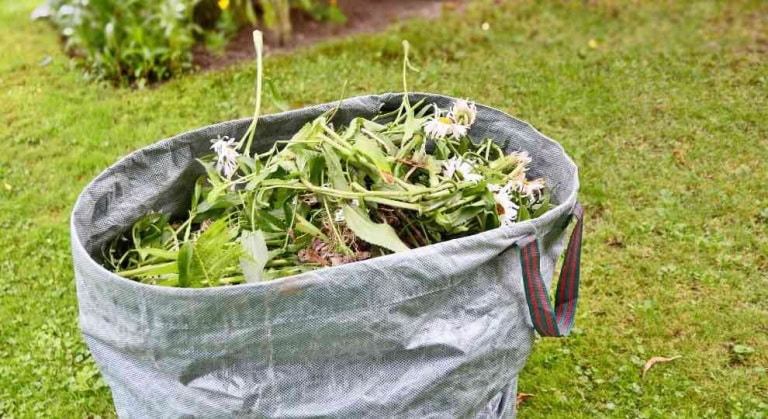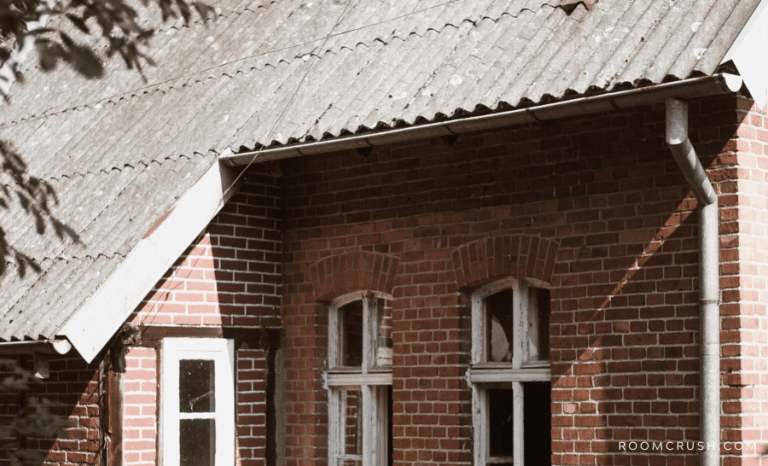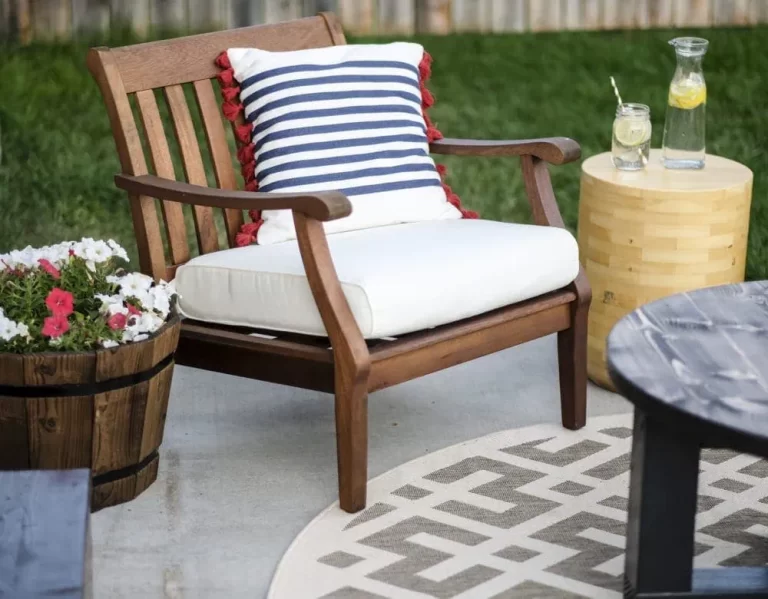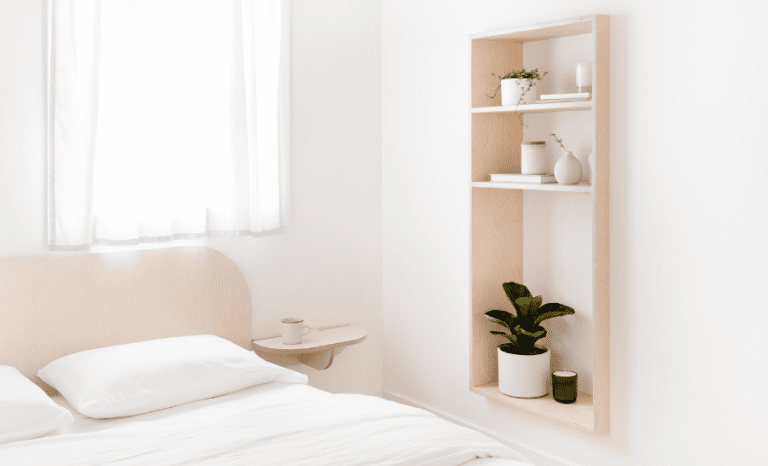Renting Bills: What Bills Will You Pay as a Renter?
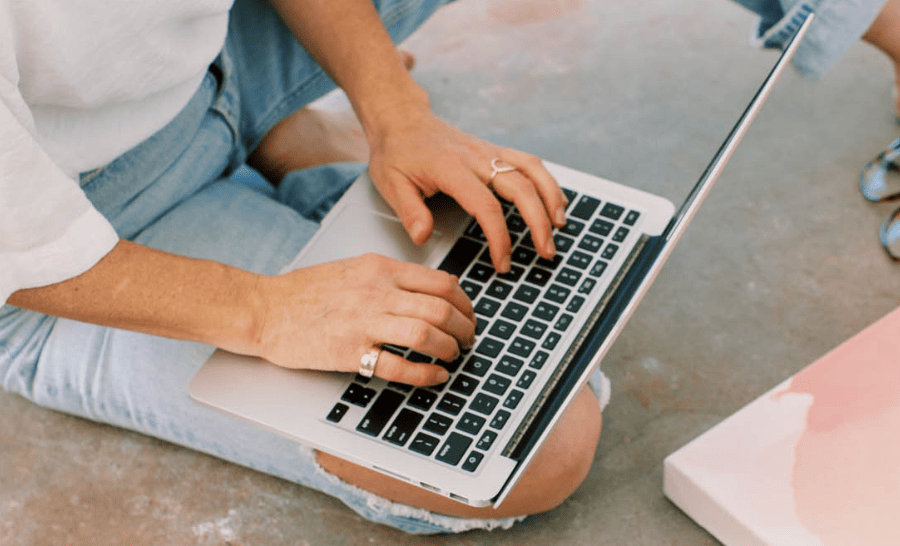
Beginning to rent your first home or apartment is exciting and something that many people aspire to. But unfortunately, it is not free.
There are many costs you pay as a renter, including some that you may not have thought about before.
Rather than be surprised your first month out on your own, be prepared by knowing what renting bills you’ll be responsible for.
This site uses ads and affiliate content as an Amazon associate earning on qualifying purchases. Disclosure.
Once you know your monthly costs, it’s easy to keep track and be ready for expenses. Check out the common renting bills here.
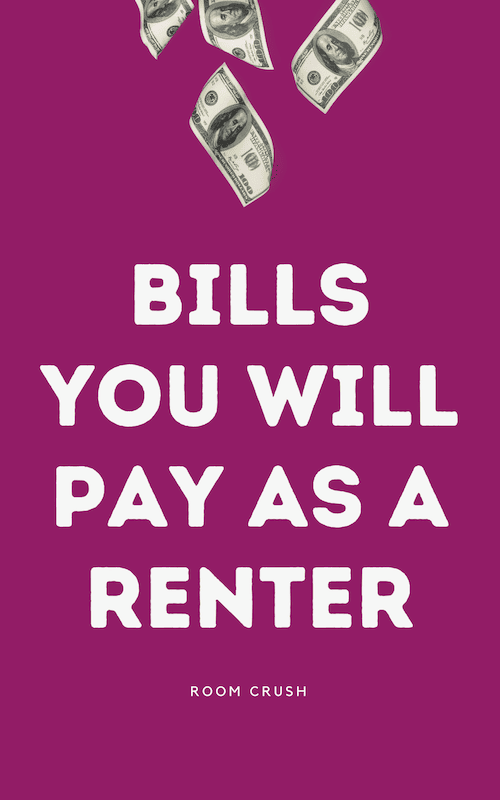
What Monthly Expenses are Covered by Rent?
The answer is, it depends. You need to check the lease for your rental to see what rent includes.
Some places include some utilities in rent or access to specific amenities. Others charge everything separately.
Since there is no standard for what is included, other than the rental itself, check your lease and ask your landlord.
Be prepared to pay more than you thought you’d need to when moving into a rental. There can be many extra fees other than just the rent that you’ll need to pay each month.
To prevent feeling frustrated by this, expect there to be additional fees. That way, you aren’t surprised by them.
What Do You Pay for When You Rent?
You may not know that paying for your living place does not just cost the rental payment itself. Think about all of the home comforts you enjoy, such as television or internet, and the other things you may take for granted, like water.
These all need payments each month for you to continue your use of them. But by reading articles like this, you are equipping yourself with the knowledge of the costs of renting.
Here are the everyday renting bills you will see each month.
Rent
Your rent is likely your most significant bill each month, and the one that most people think of when they decide to sign a lease in the first place. This amount can vary a lot depending on what part of the world you live in and how large the rental space is.
Related: Is Renting a Waste of Money?
This should be due at the same time each month and will likely cost the same amount unless there are unique circumstances.
Renter’s Insurance
Renter’s insurance is an excellent idea, and some rental places require it. It is usually very inexpensive and can protect your belongings like laptops, televisions, and other items.
You won’t want to be without it in the event of an emergency. For example, if you accidentally start a kitchen fire that destroys your personal belongings, your landlord’s insurance will not cover them. You’ll be out of pocket for replacing your belongings.
Water/sewer
Everyone needs water and sewer each month. You may find that this bill is already included in your rent, but this is not a guarantee. Always ask and check your lease to understand every cost.
Your water could be metered, or not, depending on where you live. Make sure you understand how your water bill is calculated because you don’t want to have a shared meter that splits the bill equally if you’re a single person and the other people on the meter are a family of 4.
Gas
This helps power your home, keeps you comfortable with heating, and may be attached to your stovetop range and oven. Not every rental uses gas, but this could be a monthly charge you’ll see.
Make sure you know whether your new rental uses gas and whether or not you’ll need to pay it. And if your rental doesn’t include appliances, you’ll need to know whether you need a gas dryer and range.
Electric
We all need electricity. Paying your electric bill literally keeps the lights on, among other things. Make sure you know if your electricity is metered or if they charge by how big your rental space is.
Internet
Some would say this is optional, but most in today’s day and age find this to be a necessity. Internet helps you use your cell phone, laptop, TV, etc.
Choose the plan that is best and will work for your lifestyle. If you aren’t sure about the extra cost, you may be able to get by without internet for a time, but this depends on you.
If you’re renting a room with multiple roommates, there may already be internet set up that you’ll split the cost off. Ask about the cost and how fast the internet is, especially if you’re working from home or use a lot of streaming.
Cable if desired
This is optional for sure, though some people still like to have cable. More likely, you will need to pay for streaming services like Netflix or Disney Plus.
These are usually a monthly charge, but you can pay annually if you want to. Many people prefer this to cable, and it may be cheaper. This is also something you can get by without for a while if you want to save money.
Pet Fees (if allowed)
If your apartment or rental house allows pets, you may pay a monthly fee. Costs vary but be prepared to pay per pet each month.
Some apartments have an additional pet security deposit and then a monthly pet rent per pet each month. This can range from $25/month per cat to $100/month per dog or more.
What Bills Do You Pay if You Live in an Apartment?
Rental costs can change depending on where you live. If you live in an apartment, a few extra fees may not be immediately apparent but are important.
Some of these make your life easier, and others are necessities. Check out these costs associated with living in an apartment.
Parking/Garage
This only applies if you have a vehicle, obviously. Suppose you happen to live in a very walkable city or one with excellent transportation. In that case, you are unlikely to need to pay this charge.
But if you live in a place that requires a lot of driving, you’ll need somewhere to park. Some places offer open parking, but this can prove challenging if a space isn’t available when you need it.
Many opt to pay for their own parking space or pay a parking/garage fee. Having your own space means you never have to worry about other people parking there.
And if someone does, you can have them towed. This is worth it for many, even with the cost.
Trash Valet
Some apartments offer a trash valet, and someone will come to dispose of your trash for you. This is a luxury and a convenience.
There is a cost for this that you will likely pay monthly. Check your lease or ask the apartment manager about fees for this.
Amenities
Depending on the building, some apartment complexes offer amenities like gyms, pools, and many other things. Usually, these are included with rent and without extra fees, but this can vary, so you should definitely ask your landlord or check your lease.
When Renting a House What Bills Do You Pay?
Renting a house can be a bit different than renting an apartment or a condo. But it is the right choice for many, especially if you have a large family, pets, or need extra space.
Here are the additional renting bills to consider when living in a house.
Lawn care
The house owners likely want to keep everything looking nice and make sure the yard looks good, especially if there is an HOA. Because of this, you may need to pay for lawn care.
This could mean paying for a gardener or for someone to mow the grass. Or it may be possible to care for the lawn yourself, but you could still spend some money on supplies. Ask your landlord what is allowed and what the costs are.
HOA Fee
You should go over your lease and make sure there are no other fees besides the typical ones for your house rental. There may be additional costs you wouldn’t think of, such as an HOA fee.
Just remember to ask the landlord in advance and get a total for what will be due each month. Usually, the landlord would factor in the HOA fee into the monthly rent and pay it yearly themselves.
Should Landlords or Tenants Pay for Utilities?
It entirely depends on what you agree to in your lease. Some landlords may want tenants to pay all utilities separately and put them in their name. Others may charge a flat rate for utilities.
There are multiple ways to go about this, and different landlords will have different ways of handling payments. The one thing you need to do is make sure you can make your payment each month.
You also need to know what costs you are responsible for before moving in. Check your lease and ask questions if you aren’t sure about something. It’s better to ask than pay the wrong amount or forget something.
Do Tenants Pay for Water?
Paying for water can get complicated. Some apartments have meters, and you pay for your own water usage each month.
Other times, the landlord may pay the water and add it to your rental costs. This depends a lot on where you live and what the landlord prefers. Make sure you check your lease before signing to know what you need to do to set up water for your rental.
How to Make a Budget for Renting Bills
There are a lot of costs with renting, and it can quickly become overwhelming if you get too much information. You may find yourself wondering how to keep everything straight and make sure you don’t miss payments. Here’s how to make a budget for your renting bills.
Know costs and dates.
First, you need to know how much each bill will cost you (at least approximately) each month. Write down each bill: rent, water, electric, internet, etc., and then write the amount next to it.
After that, find out what date each bill is due. Write the date next to it, as well. You are already more organized!
Make a calendar.
Hang up a paper calendar that you check frequently, or you can use the calendar on your phone if you prefer that. Write down bills on the correct dates and with the amounts beside them.
Now you have a visual reminder so you won’t forget a payment. If you use your phone, you can even add an alarm or alert to let you know it’s time to pay a bill.
Make a master budget.
Your rental costs are likely the bulk of your monthly costs, but there are some others you’ll need to add in, like groceries, insurance, and car maintenance. Make a master budget with rental costs and other monthly payments.
You can use a notebook or make a spreadsheet if you find that’s easier. Once you have everything written down, add any new bills to your calendar.
Try to build an emergency fund.
Occasionally, things go wrong. Your check from work may be late, or you may find you need to pay an extra fee you didn’t know about. Because things happen, it’s good to have an emergency fund to help with rental costs in the event of something unexpected.
When completed, your emergency fund should cover all your rental bills for at least three months, though you can build it up over time to include more. Knowing you can pay your housing costs in an emergency is a great way to remain a good tenant and give yourself some peace of mind, too.
Try adding this savings fund to your monthly budget and adding in money each month.
Overestimate costs.
Some of your rental costs for each month are fixed and will not change. But others may fluctuate a little bit.
In this case, it’s good to overestimate the amount you’ll need each month. For example, if your utility bill is usually around $138 each month, tell yourself it’s $150.
That way, you’ll always be prepared, and you won’t be caught without enough money at the end of the month. You can take any extra from overestimating and add it to your emergency fund each month.
Renting Bills Should be Considered in Your Budget When Renting a House or an Apartment
Your home is a place of comfort and security, but it is not without costs. Costs of living can be high, and there are many fees that you may be surprised by. Your rental bills should be something you consider when you decide to rent a house, apartment, or condo.
Besides just the monthly rent, there are many other fees, so remember that the first cost you see is likely not the only one. As long as you budget and save, you should be able to easily pay your renting bills.
Remember to check the lease for all fees before signing and moving in, and ask your landlord or the apartment manager any questions. You are the one agreeing to pay for all this, so they should be happy to make everything clear.
Your rent bills are part of life, and being prepared for them makes everything simpler.
Related Articles:



